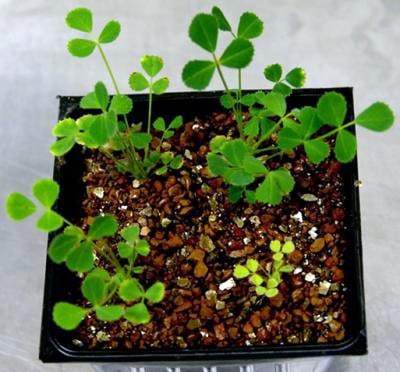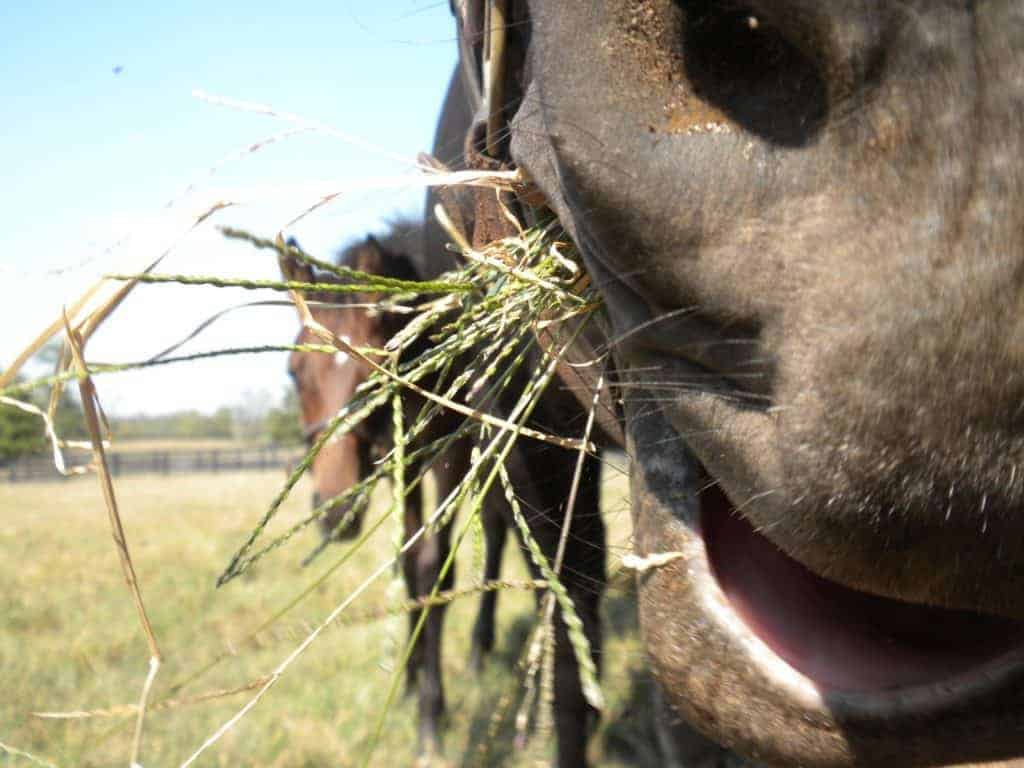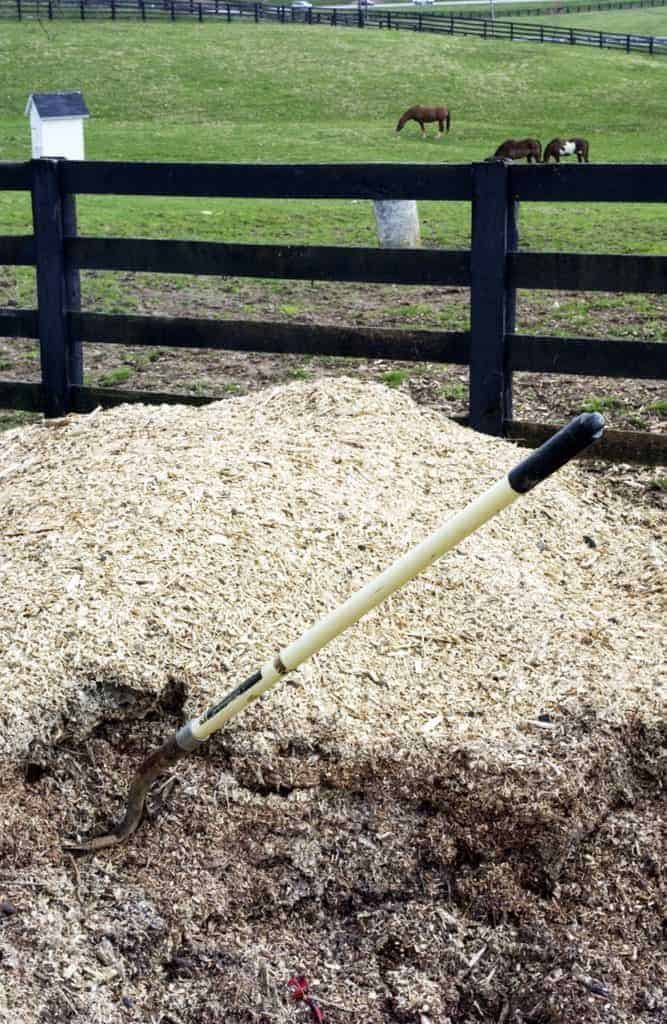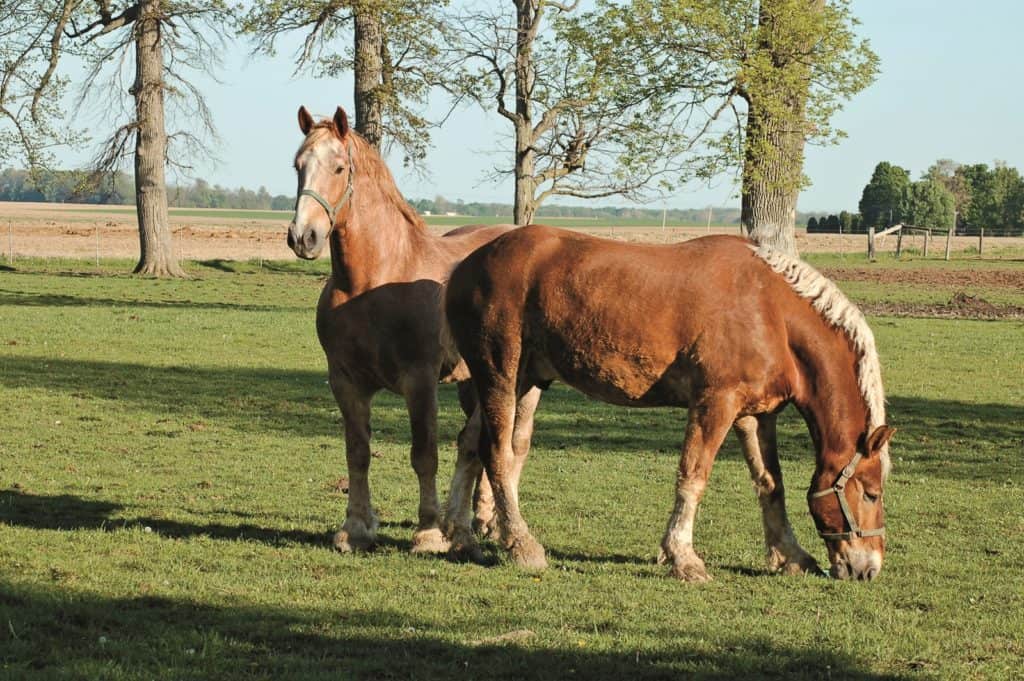
Research Reveals Way to Improve Legume Nitrogen Production
Legumes can fulfill their own nitrogen needs and produce and leave enough in the soil for other plants to use.

Legumes can fulfill their own nitrogen needs and produce and leave enough in the soil for other plants to use.

Horses are more prone to digestive upset than other domestic animals because of how their GI tract functions.

Developing an understanding of post-colic feeding practices can help your horse on the road to recovery.

The May KENA meeting was designed to educate professionals, owners, and recreational riders on land loss in Kentucky.

Cool-season pastures grow rapidly in the spring and fall, and management techniques must change with the seasons.

Can Japanese stiltgrass cause digestive upset in horses?

Of the 579 respondents, 443 (77%) said they use drylots to help manage their horses’ weight.

An equine nutritionist offers tips for reducing your horse’s pasture intake with a grazing muzzle.

Attendees can receive tips on barn design, farm site planning, nutrient intake regulation, pasture management, and more.

Adding absorbent, biodegradable materials to paddocks can keep water sources cleaner and favor healthy grass growth.

Of the 1,244 respondents, 504 (41%) said they feed their horses alfalfa hay.

Have you increased your horse’s workload this spring? Find out how to safely increase his energy intake to match.

Balanced nutrition and exercise can help horses with type-1 PSSM lead active, healthy lives.

Our equine nutritionist shares tips for keeping your horse healthy and your pastures in good shape this spring.

Our nutrition expert considers grain hays, grass hay, and alfalfa for feeding growing horses.

Performance horses need customized diets to meet their energy requirements, as hay alone likely won’t suffice.
Stay on top of the most recent Horse Health news with
"*" indicates required fields